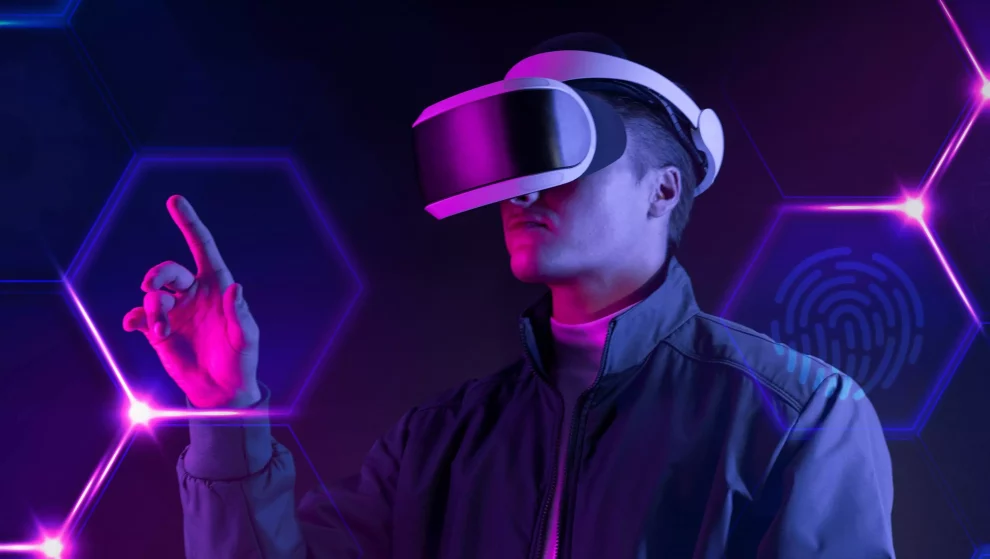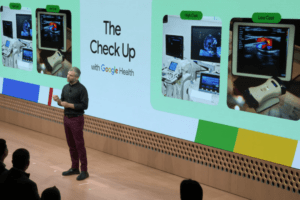Imagine a world where code takes on a tangible form, where software architectures materialize as 3D landscapes, and where developers navigate virtual worlds to build and debug their creations. This is the exciting frontier of VR/AR (Virtual Reality and Augmented Reality) in software design, poised to transform the way we create and interact with software.
Blurring the Boundaries: Merging Virtual and Real
VR and AR are blurring the lines between physical and digital – enabling new modes of visualization, collaboration and interaction. Key applications in software design include:
- VR for Immersive Design: Developers immerse themselves in virtual environments to visualize complex systems, explore data structures, and collaborate with remote team members in shared virtual workspaces.
- AR for Enhanced Visualization: AR overlays digital information onto the real world, enabling developers to visualize code snippets, data flows, and UI elements within their physical workspace.
- 3D Modeling for Design Clarity: 3D modeling tools create virtual representations of software components, aiding in visual understanding and design discussions.
- Interactive Prototyping: VR/AR allows rapid prototyping and testing of user interfaces and interactions in a more intuitive and realistic manner.
- Remote Collaboration: Shared virtual spaces facilitate seamless collaboration among developers, designers, and stakeholders, regardless of location.
.jpg)
Unlocking Productivity and Innovation
By enabling more intuitive comprehension and interaction with software systems, VR/AR unlocks critical improvements:
- Improved Understanding: VR/AR enhances spatial awareness and understanding of complex systems, leading to better design decisions.
- Accelerated Development: Visualizing code and data in 3D accelerates development and debugging processes.
- Enhanced Collaboration: Immersive environments foster more effective communication and collaboration.
- Enhanced User Experience: VR/AR enables user testing and feedback gathering in more realistic and engaging settings.
Challenges and Considerations
While the potential is immense, there are barriers to large scale adoption:
- Technology Maturity: VR/AR technologies are still evolving, with hardware and software costs potentially limiting adoption.
- Learning Curve: Developers need to adapt to new immersive design tools and workflows.
- Motion Sickness: Prolonged VR use can induce motion sickness in some individuals.
- Integration Challenges: Integrating VR/AR tools seamlessly into existing development workflows requires careful consideration.
Charting the Course for the Future
To fully leverage the transformative potential of VR/AR, the industry must:
- Invest in Research and Development: Continue exploring the potential of VR/AR in software design, addressing technical challenges and developing best practices.
- Create User-Friendly Tools: Develop intuitive VR/AR design tools that integrate seamlessly with existing development environments.
- Promote Adoption and Training: Encourage developers to experiment with VR/AR and provide training to facilitate adoption.
- Build Cross-Industry Partnerships: Collaborate with other industries like gaming and entertainment to share knowledge and advances in VR/AR technology.
The Potential for a Transformative Future
VR/AR holds immense promise to revolutionize software design, fostering deeper understanding, enhanced collaboration, and accelerated innovation. As the technology matures and adoption grows, we can envision a future where virtual and augmented realities become integral to the software development process, empowering developers to create more intuitive, engaging, and impactful software experiences.
Are you ready to step into this immersive world of software design? The future awaits!
















Add Comment